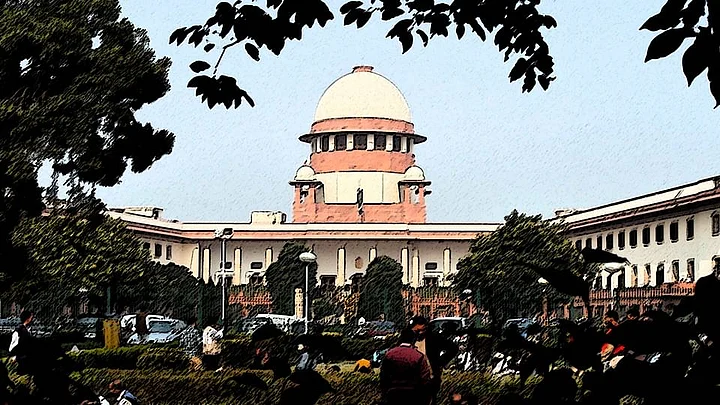The Supreme Court on Tuesday, 13 September, began its hearing on the legal validity of the Constitution (103rd Amendment) Act, which introduced a 10 percent quota for the Economically Weaker Sections (EWS) in government jobs and admissions to educational institutions.
Legal Scholar G Mohan Gopal, representing the petitioners, called the amendment a "fraud" on the Indian Constitution, and claimed that it was dividing the country along caste lines, The Indian Express reported.
"It (the amendment) will change the identity of the Constitution in the minds of people as something which protects the privileged rather than the weak," he added.
Gopal further said that reservation was a tool to only ensure representation so that it does not "eat up equality of opportunity which is the concern of the backward classes."
A five judge-bench, led by Chief Justice UU Lalit, and comprising Justices S Ravindra Bhat, Dinesh Maheshwari, SB Pardiwala, and Bela Trivedi is hearing the case.
The bench said that it would examine the legal validity of three aspects related to the amendment.
First, whether the amendment is in breach of the basic structure of the Constitution by allowing the state to make reservations based on economic criteria.
Secondly, whether it is legally valid for the state to make special provisions with regard to admissions to private unaided institutions.
And thirdly, whether the exclusion of Socially and Educationally Backward Classes (Other Backward Classes), Scheduled Castes, and Scheduled Tribes is violative of the basic structure of the Constitution.
(With inputs from The Indian Express.)
